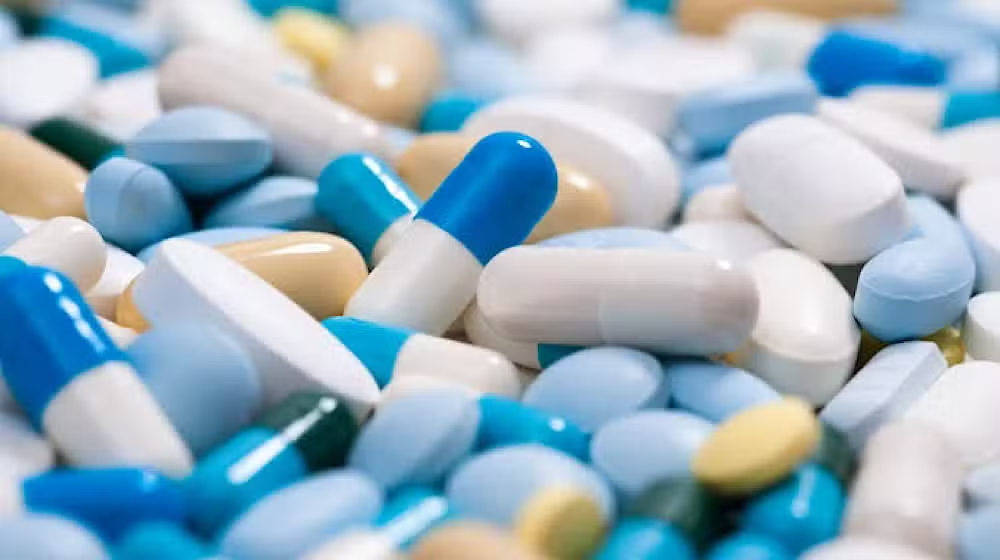In a critical alert to Chief Minister Maryam Nawaz, Transparency International (TI) Pakistan has urgently highlighted the deepening crisis in drug regulation across Punjab.
In a letter dated April 22, 2025, the organization raised serious concerns about the rampant circulation of substandard, spurious, and unregistered drugs — a grave violation of public health safety standards that demands immediate government intervention.
A Growing Threat Due to Regulatory Gaps
TI Pakistan’s communication brings to light a disturbing trend: a surge in the distribution of nutraceuticals and alternative medicines that fail to meet mandatory safety and labeling standards.
- Proper formulation documentation,
- Analytical method validation,
- Compliance with packaging and labeling norms.
The unchecked availability of these products poses a significant risk to consumers, as they often claim therapeutic benefits without undergoing clinical scrutiny or safety assessments.
TI Pakistan’s report emphasizes that medical devices must undergo regular inspections and registration renewals. Despite Punjab having the highest number of Transparency drug inspectors in Pakistan (156), enforcement remains dismally inadequate.
TI Pakistan alleges that these officials have consistently failed to conduct necessary site inspections, leaving numerous facilities Transparency unregulated.
- Antibiotics and hormone treatments,
- Dewormers and feed additives,
- Injectable and oral formulations lacking drug authority registration.
Systemic Recommendations for Strengthening Drug Regulation in Punjab
The unregulated use of these drugs in livestock poses a dual threat: contamination of the food supply chain and the emergence of drug-resistant pathogens — a pressing global health issue.
In its detailed report, TI Pakistan lays out a comprehensive set of corrective measures, designed to overhaul the current pharmaceutical oversight framework:
- Thorough sampling and testing of all drugs in circulation, including:
- Human pharmaceuticals,
- Nutraceuticals,
- Herbal and alternative medicines,
- Veterinary formulations.
- Re-registration and verification of all medical devices to identify expired or unapproved products.
- Rigorous inspections of all nutraceutical and alternative medicine production units, focusing on:
- Presence of functional laboratories,
- Employment of qualified quality assurance professionals,
- Adherence to Good Manufacturing Practices (GMP).
- Institutional accountability, holding drug inspectors, manufacturers, and hospital administrators legally responsible for regulatory violations.
Legal Backing and the Role of Whistleblower Protections
Operating under Article 19-A of the Constitution, which guarantees the right to information, TI Pakistan asserts its position as a neutral whistleblower organization committed to protecting public health through transparent governance.
The report encourages the Punjab government to embrace this feedback not as a critique, but as a call to action aimed at strengthening public confidence in health institutions and ensuring safe, quality-controlled medical access for all citizens.
The ball is now in the court of Chief Minister Maryam Nawaz. TI Pakistan has called upon her office to spearhead a regulatory transformation, ensuring that:
- Drug and device quality control becomes a top health agenda,
- Regulatory bodies are equipped with resources and authority,
- Public health is shielded from corporate negligence and administrative apathy.
The provincial government must act swiftly to enforce existing drug laws, penalize non-compliant entities, and restore public trust in Punjab’s healthcare system.


